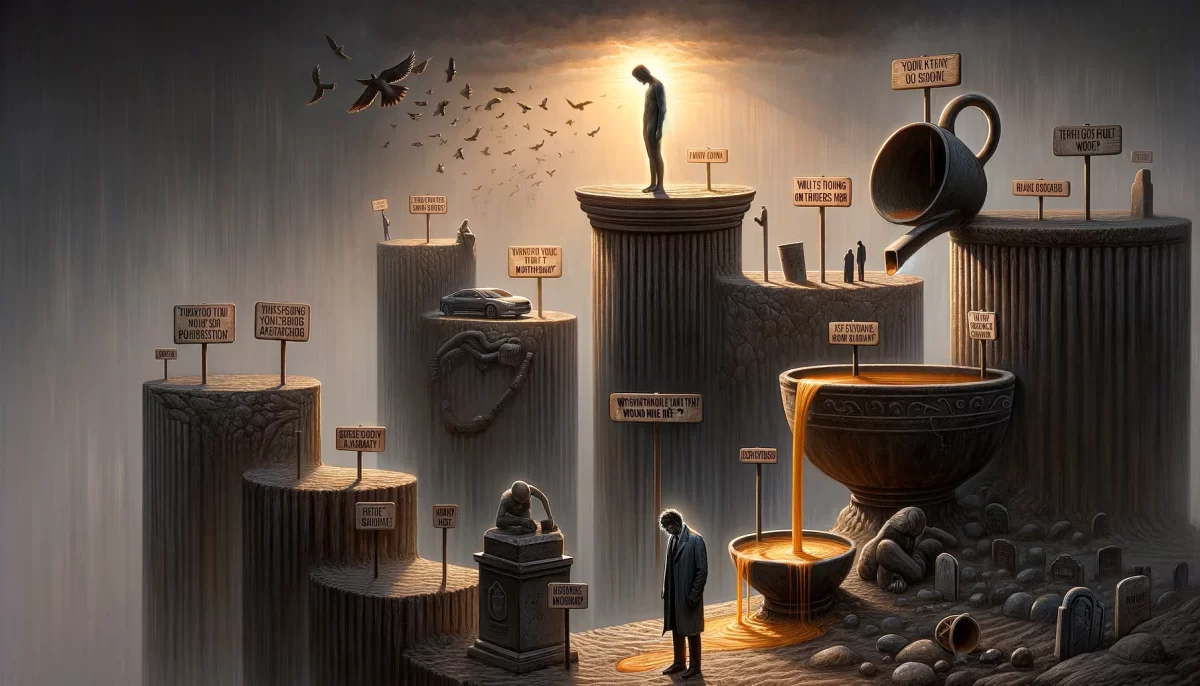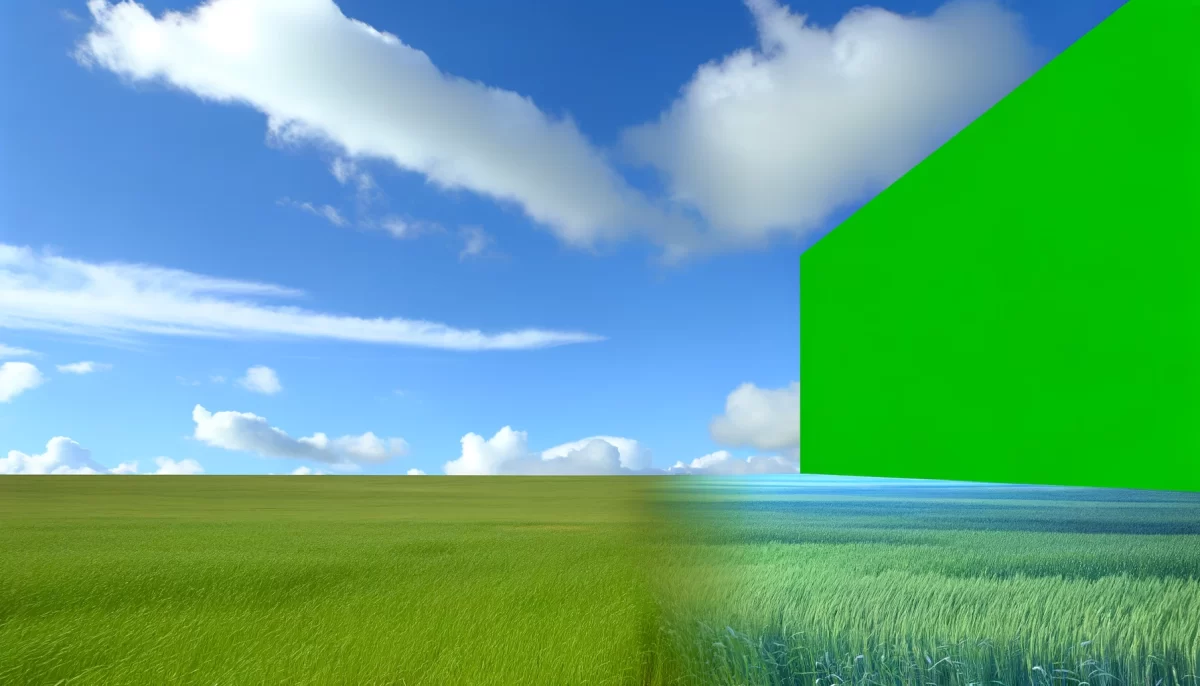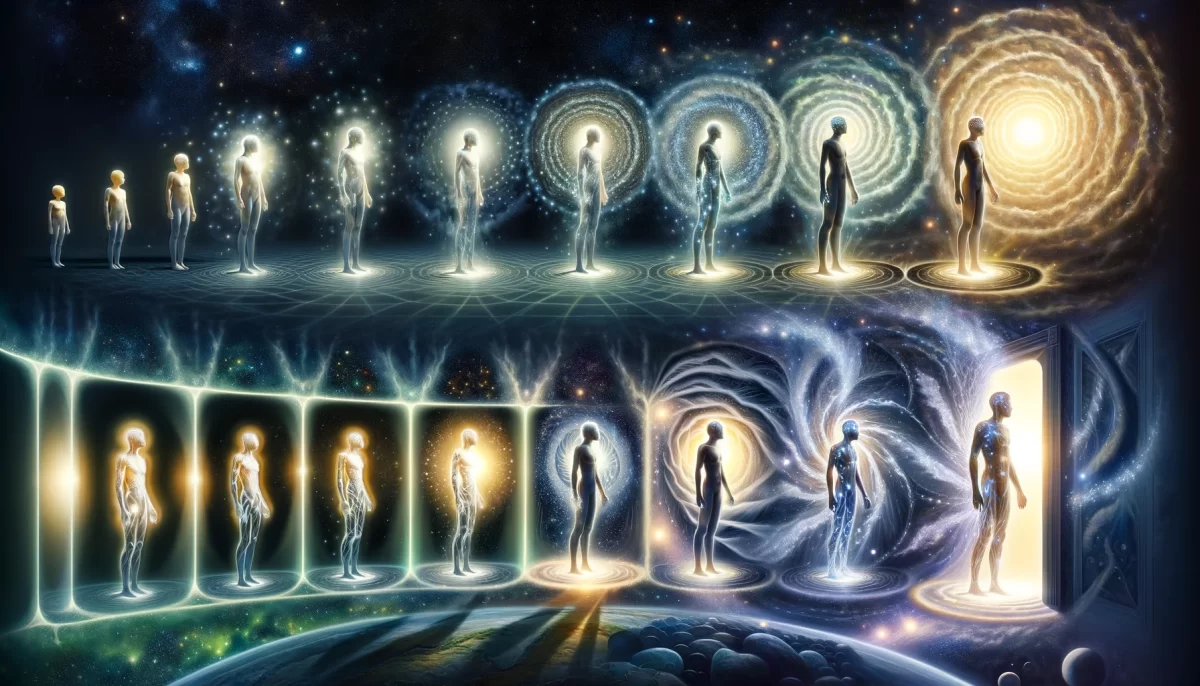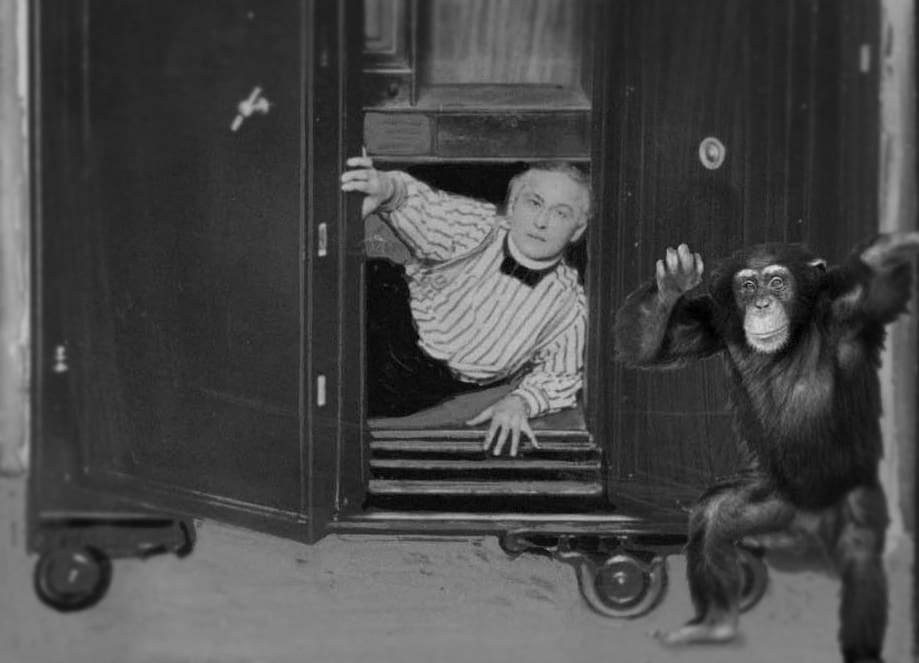What Else Will You Find Wrong With Me?
When I comb my hair
When I clean my plate
What else will you find wrong with me?
When I make it rich
and I lose some weight
What else will you find wrong with me?
When I drop my life
just to pick you up
What else will you find wrong with me?
When I drain myself
and you’ve filled your cup
What else will you find wrong with me?
You know it will always be something
In your eyes I’m next to nothing
Yeah you know it will always be something
When I put you on a pedestal
and fan you like a slave
What else will you find wrong with me?
When I fall from your life
right into my grave
What else will you find wrong with me?
You know it will always be something
In your eyes I’m next to nothing
Yeah you know it will always be something
And I’m cool with that
pct
What Else Will You Find Wrong With Me?
The poignant journey from seeking approval to embracing self-acceptance.
Constant Scrutiny and the Quest for Approval
The essence of the poem, ‘What Else Will You Find Wrong With Me?’ is captured in this evocative imagery, illustrating the relentless pursuit of approval and the futility of trying to meet others’ expectations. The solitary figure, depicted in various stages of attempting to reach an unattainable standard, symbolizes the constant scrutiny and the emotional toll of seeking acceptance.
The visual metaphors of a pedestal, a draining cup, and a grave represent the different scenarios mentioned in the poem. Each element conveys the struggle and exhaustion of trying to appease others, only to find that their expectations are ever-shifting and impossible to satisfy fully.
Resignation and Acceptance
The scene evokes a sense of resignation and acceptance, capturing the poignant realization that one’s worth cannot be determined by the perceptions of others. It reflects the emotional depth of the poem, highlighting the journey from a relentless quest for approval to a place of self-acceptance and inner peace.
The figure’s posture and expression, amidst the backdrop of these powerful metaphors, convey a sense of coming to terms with the reality that external validation is elusive and often unfulfilling. It is a visual representation of the understanding that true acceptance comes from within.
Embracing Self-Worth
This visualization is a poignant reminder of the importance of recognizing and embracing one’s inherent value, independent of others’ judgments and opinions. It encourages a shift from external validation to self-empowerment, acknowledging that while it may always seem like there is something wrong in the eyes of others, our true worth lies in our own perception and acceptance of ourselves.
In this image, the journey from seeking approval to self-acceptance is not just a path of resignation but one of empowerment and liberation. It is a call to embrace our individuality, to recognize our worth, and to find peace in the knowledge that we are enough as we are.
Summary
The poem ‘What Else Will You Find Wrong With Me?’ invites us to explore the emotional landscape of seeking approval and the realization that true acceptance comes from within. The imagery captures the futility of trying to meet others’ expectations and the poignant journey towards self-acceptance and understanding our intrinsic value.
Glossarium
Seeking Approval: The act of trying to gain acceptance or validation from others, often at the expense of one’s own well-being or self-esteem.
Self-Acceptance: The understanding and embracing of one’s true self, independent of external validation or approval.
“To be yourself in a world that is constantly trying to make you something else is the greatest accomplishment.” – Ralph Waldo Emerson
In the quest for approval, we often lose,
Our essence, our truth, our own muse.
Yet in this search, we come to see,
The only approval needed is from me.
So let us stand, in our own light,
Embrace our worth, with all our might.
For in our hearts, we surely know,
Our value is not a show.
In the mirror of self, we find,
The love and acceptance, of our own mind.
So let us be, let us breathe,
In our truth, we find relief.




















Leave a Reply